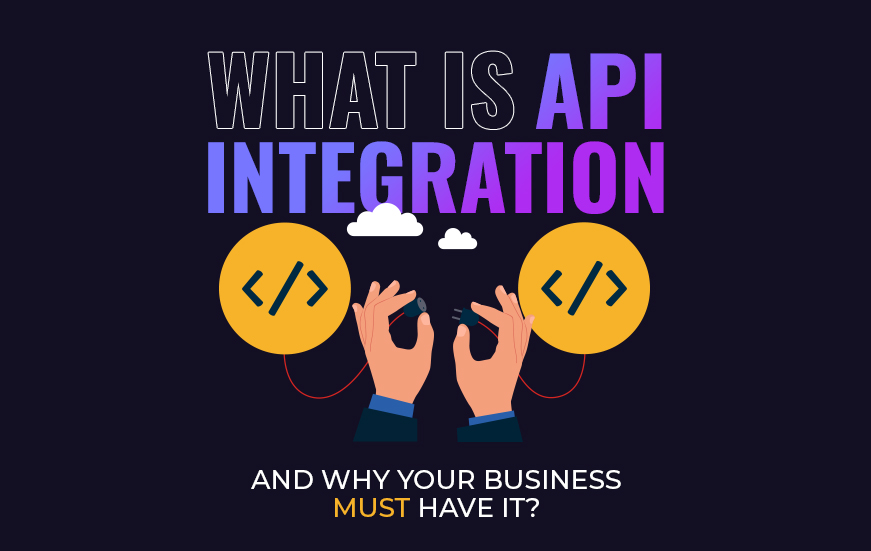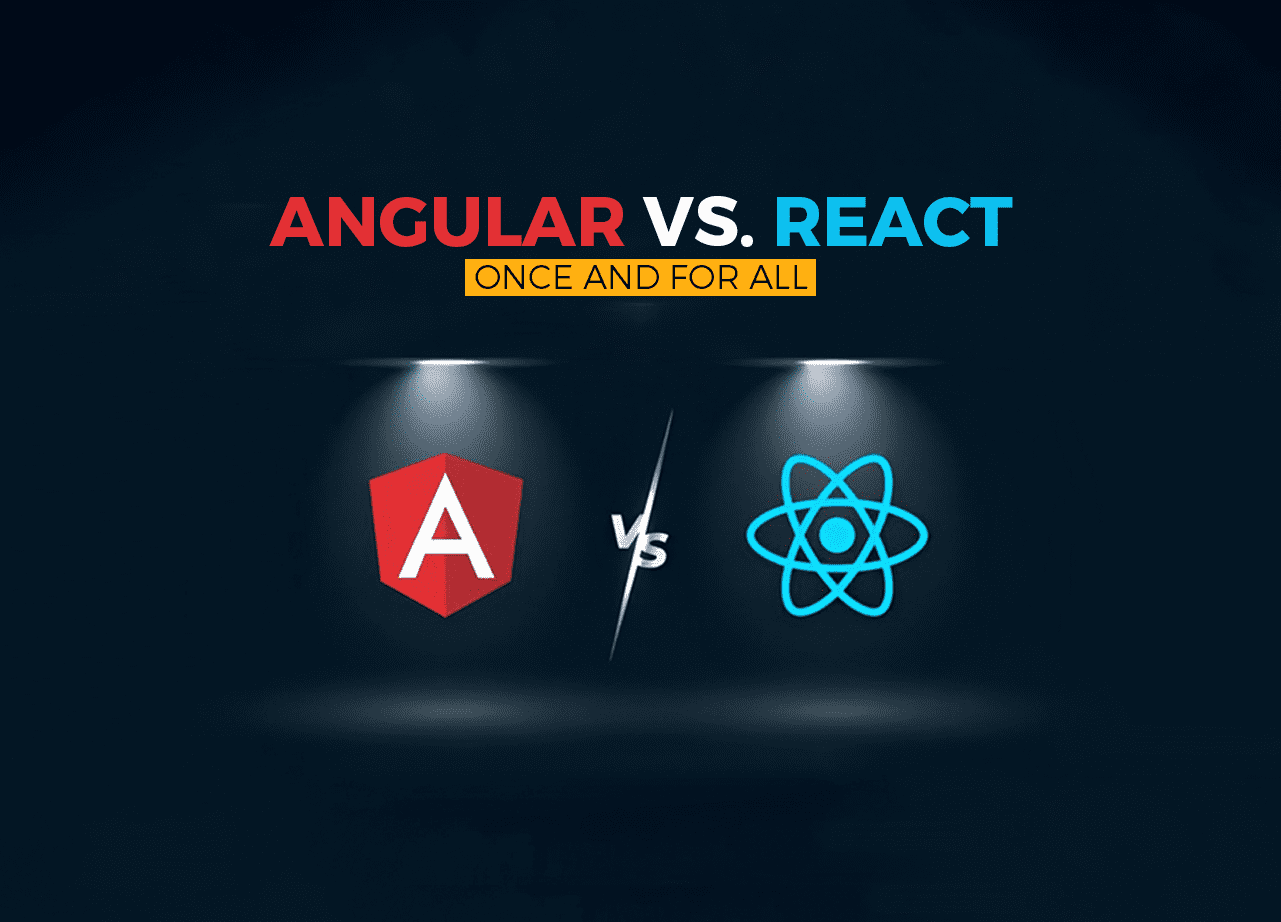Laravel is a PHP web framework that is open-source and free. It is used to create web applications. It was developed by Taylor Otwell in 2011 and has since grown to be one of the most well-known PHP frameworks, with a sizable and vibrant development community. Hence, it might be the best choice to hire Laravel Developers. It is a well-liked option for programmers creating contemporary web apps because of its clean syntax, comprehensive documentation, and rich collection of capabilities.
New features are continually being added to the Laravel environment. The latest features in Laravel seem to be a lot of fun!
Its strong support for APIs (Application Programming Interfaces) is just one of its numerous advantages. This allows for smooth integration and communication across various software programs.
Table of Contents
ToggleLaravel’s Features and Advantages
Many web development firms favor PHP when building website frameworks. But Laravel is the best option. Laravel development is becoming more and more popular as a result of its precise syntax, versatility, and ability to simplify a variety of jobs.
1. Web Resource Security
The main reason why the majority of businesses use Laravel as their website development framework is security. Advanced security features in the Laravel framework make it simple to set up a website. This is essential for enhancing security and safeguarding the website from hackers. When it comes to ensuring the safety of your online presence, consider the added advantage of being able to hire Laravel developers.
The Bcrypt hashing method used by Laravel ensures that the password is never stored in the database. You can resolve cross-site scripting, SQL injection, and query spoofing with the assistance of Laravel developers. Before deploying the website, Laravel safeguards the developer code and fixes the security flaws and other technical problems.
2. Mechanism for Internal Authentication and Permission
The user authentication method in Laravel provides a further benefit. With the help of this technology, people can safely access your website through an easy-to-use interface. It is simple for developers to set up the logic for user permission and authentication thanks to its built-in authentication packages.
Additionally, authorizing users on your website and granting them the proper access rights are simple tasks you may complete.
3. MVC Architecture
Laravel adheres to the model-view-controller (MVC) architectural pattern, which divides an application into three parts: the model, which represents the data and business logic; the view, which represents the user interface; and the controller, which manages user input and interacts with the model and view. When working with Laravel, consider the advantages of being able to hire dedicated Laravel developers to streamline your development process. This architecture makes it simpler for developers to write and maintain code while ensuring a clean, modular codebase.
4. Reverse Routing & Package Ecosystem
Laravel’s reverse routing functionality enables programmers to create URLs from named routes, making it simpler to rework routes and have a unified URL structure throughout an application.
Laravel has a sizable and engaged developer community that has produced a variety of tools and packages that are easily incorporated into Laravel apps. These add-ons can aid in expanding an application’s capabilities and adding new features like social network integration, payment processing, and more.
5. Artisan Console
Laravel has a command-line interface known as the Artisan console that offers a number of practical commands for jobs like seeding and migrating databases, building controllers and models, and more. Additionally, Artisan can be expanded with unique instructions, making it simple to automate monotonous activities and create unique processes.
Now let’s talk about APIs in Laravel…
How do APIs work?
You must learn what APIs are actually for and why they are so crucial if you want to comprehend Laravel’s API features.
APIs act as a bridge or connection to enable communication and data exchange between two applications. These applications’ interactions are governed by protocols and rules. The Developer (API consumer) establishes their own restrictions in addition to those specified by the API provider.
APIs in Laravel
Laravel offers full support for creating reliable APIs, expressive syntax, and strong tools.
You can hire dedicated Laravel developers to quickly design routes that are exclusive to APIS using Laravel’s robust routing system, enabling them to handle incoming requests and provide accurate responses with data.
These routes are set up to respond using HTTP methods, which are request methods that define the action to be taken. Developers can design resource-based routing-compliant RESTful APIs by using these methods (GET, POST, PUT, and DELETE).
The mechanism for processing these requests is contained in Laravel’s controllers, which handle API requests. The routes and the underlying application are connected through controllers.
Developers may efficiently arrange and organize their API logic using controllers. The controllers in Laravel provide the ability to retrieve data from databases, execute business logic processes, and deliver results in a predetermined format, like JSON or XML.
How to Expand Laravel’s Support for API
Consider the following steps…
Use the most recent Laravel version to benefit from the newest features and security upgrades. Install any required packages for your API needs using Composer, such as Passport for API authentication. In the file routes/api.php, define API routes. The built-in route functions in Laravel can be used to create RESTful routes.
Make controllers to handle the logic of the API. This can be assisted by using the Laravel ‘php artisan make:controller’ command. Create a logical framework for your controllers. Set up Laravel Passport or another authentication method if your API requires it. OAuth2 functionality is built into Passport out of the box. To verify that the data submitted to your API is accurate, use Laravel’s validation rules. This promotes the integrity of data.
Consider utilizing Swagger or Laravel-based tools like L5 Swagger to create API documentation. Developers will find it simpler to comprehend and utilize your API as a result. For your API endpoints, create unit and integration tests to make sure they function as intended. The testing tools provided by Laravel streamlines this procedure.
Make your API more efficient. Utilize database indexing, caching, and further Laravel optimization methods. Implement security best practices, such as input validation, error management, and protecting sensitive information. To monitor API usage and faults, set up monitoring and logging. This is where products like the Laravel Telescope can be useful. To maintain backward compatibility when you make updates, think about versioning your API.
Summing Up
Because of its support for APIs, Laravel is a superb option for creating reliable and secure PHP APIs. Create APIs that smoothly interface with other programs and services by utilizing Laravel’s robust routing system, expressive controllers, and integrated authentication features. No matter if you’re creating a web application that must integrate with external services or a stand-alone API that users can use.
In order to build reliable, secure, and highly useful APIs, Laravel offers the required tools, conventions, and ecosystem support. Take advantage of Laravel’s API features to create robust and connected online apps.
Join forces with us and discover for yourself why we’re the best option in the sector. Hire Laravel developers and avail our top-notch security, a wide variety of potent features, and a track record of performance. Let’s collaborate to increase your Laravel API skills and accomplish your objectives!
Ready to take your Laravel API solutions to the next level?
 Blog Communication Crafts
Blog Communication Crafts





